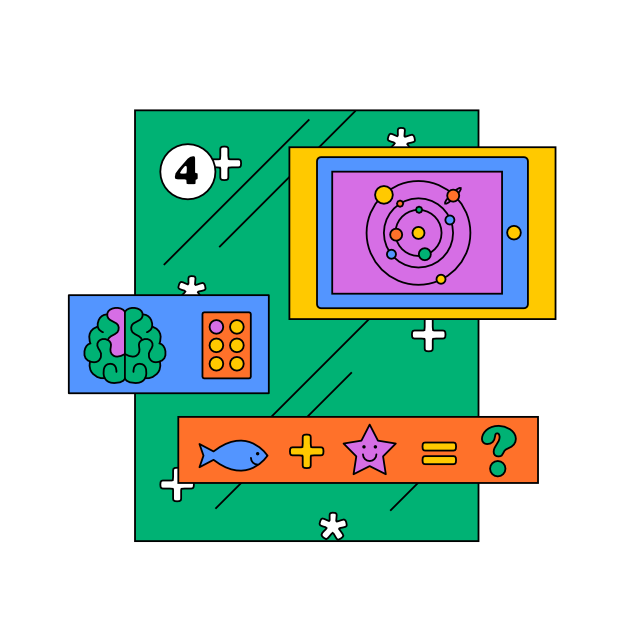SDG 4Quality education
How to ensure inclusive and equitable quality education and promote lifelong learning opportunities for all
Overview
What is the purpose of education? Undoubtedly more than just good grades. In less developed countries, education is the key to breaking the poverty cycle. The literacy index, defined as the percentage of the population that can read and write, is 95% in most places on the planet. However, nearly 60 million children worldwide have no access to education as they live in conflict-affected countries. The COVID-19 pandemic has affected the daily lives of 1.5 billion pupils and students. Globally, war crises and pandemics increase inequalities in access to education. There is no universal way to reduce them and the solution is specific to each society.
Solution and Key Innovations
Rich societies have generally been able to gradually address gender inequalities in access to education but have been less successful in reducing inequalities arising from family socio-economic status. In the Czech Republic, for example, educational outcomes are still heavily dependent on the social and economic status of the family. At the same time, the demands on the quality and scope of education are increasing and changing very rapidly. It is clear that it is no longer realistic to achieve the desired effect within the time frame of primary and high school. It is, therefore, important to develop and promote lifelong learning, which enables citizens to better adapt their educational paths to the current conditions and demands of society in their personal and working lives.
It is the need for lifelong learning that works with and develops the possibilities of online and distance learning, which offers those interested in learning much better opportunities to combine study and working life.
On the one hand, the covid-19 pandemic has fundamentally accelerated digital literacy, of teachers in particular; schools have learned to strike a balance between online and offline teaching. On the other hand, not only the pandemic, but also other crises have highlighted the role of the school as a physical place where students and teachers meet. School is a key tool for social cohesion and social learning. This aspect of education cannot be replaced by online learning.
The Finnish NGO HundrED has responded to the current situation in education – in its Global Collection 2021 publication, it has included more than 5,000 educational innovations from around the world, half of which focus on developing social and emotional skills.
The complex transformation of education in the 21st century remains a pressing issue. A society based on the development of science and technology and the subsequent information overload requires students to adopt entirely new skills. One proposed skills model is the 21st Century Learning Design Rubrics developed by Microsoft. It gives educators a tool to understand new learning activities and foster skills in students such as critical thinking, collaboration, self-management, real-world problem solving and advanced communication.
Today, children learn many new skills via computer games. These are far from being mindless shooters; the academic Charles Games Studio has developed Attentat 1942 and Svoboda 1945: Liberation, which depict the assassination of Reich Protector Reinhard Heydrich and the expulsion of Germans from Czechoslovakia.
The emphasis on transforming education and the skills needed does not mean that traditional professions are losing their importance. Both teachers and students, however, need innovative teaching practices and activities. Modern technology plays a vital role in the process.
Key Questions
- Which digital technologies are available at your school?
- What are the key skills for the 21st century?
- Why do we need lifelong learning?
- Which learning activities do pupils enjoy the most?
Key Words
Equality, lifelong learning, skills, critical thinking, digitalization, computer games
Interesting Resources
- What does the Czech Republic need to ensure that its education does not fall behind in the 21st century?
- Ondřej Neumajer’s research on innovative learning activities
- Vividbooks help teachers create lessons that awaken students’ thirst for knowledge.
- Explore Physics from a different angle!
- An interactive tool for creativity and imagination
